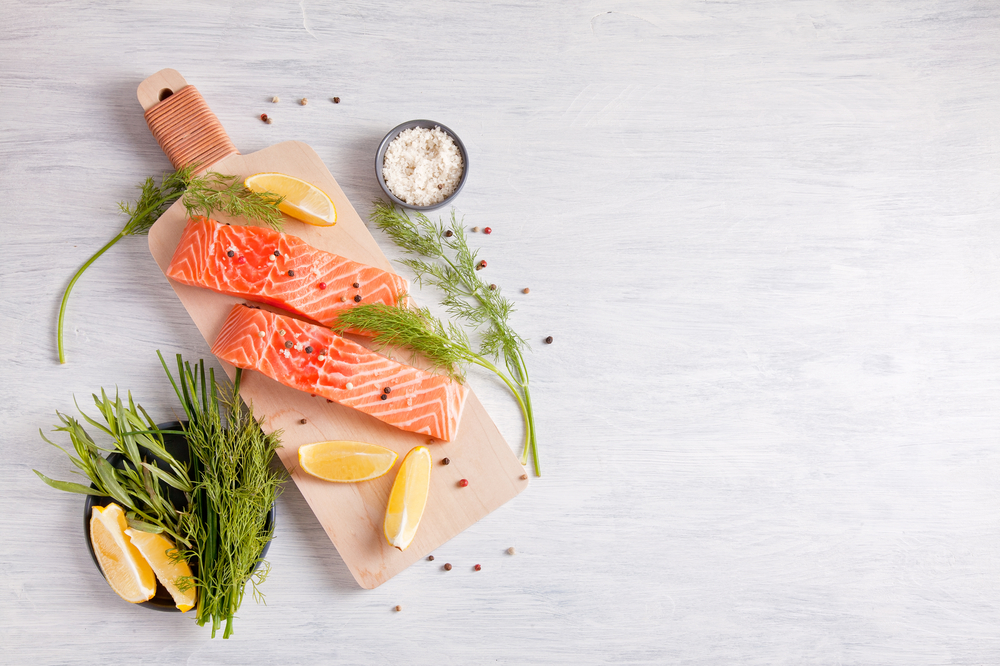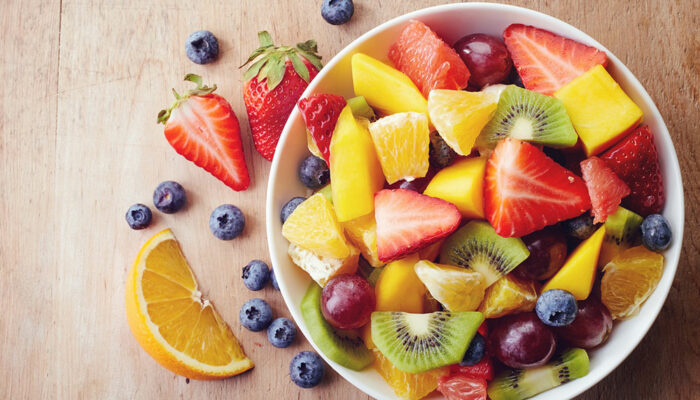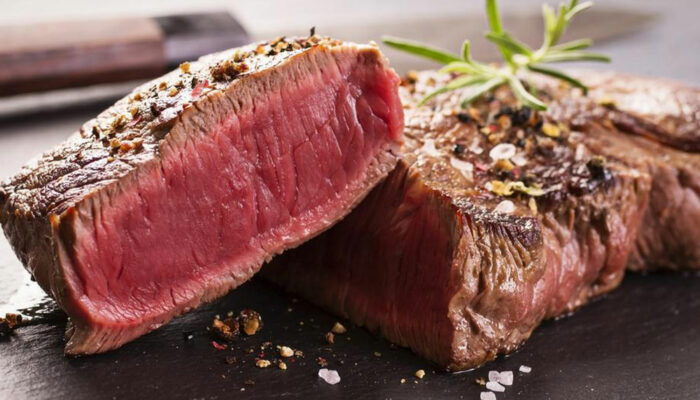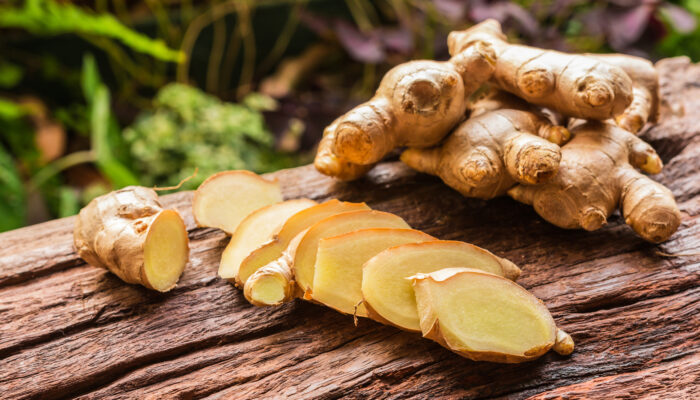
6 Diet Tips to Manage ADHD
A healthy diet is essential for every growing kid. Although there might not be clear scientific evidence linking nutrition and ADHD, certain habits and foods are known to improve or aggravate the condition. Consuming nutrient-rich foods, taking supplements that improve brain function, and eliminating trigger foods from the diet are important habits for people with ADHD. A few more dietary tips for managing ADHD are mentioned here:
- Avoid sugary foods
Among the most effective dietary tips for managing ADHD is to avoid foods or snacks that are rich in sugar or simple carbohydrates. Excess sugar in the diet can cause kids with ADHD to become hyperactive and restless, so one should watch out for foods like sweets, candies, baked goods like biscuits and muffins, and packaged fruit juices. Also, foods with ingredients like high-fructose corn syrup, dextrose, and sucrose should be avoided. - Drink a lot of water
Dehydration can lead to impairment of cognitive function and lack of focus, among other things, so one should stay well-hydrated. Drinking at least eight glasses of fluids, preferably water, per day is one of the best dietary tips for managing the symptoms of ADHD. However, water should not be replaced by sugary drinks like sodas and packaged fruit juices. Also, alcohol and caffeine can cause significant dehydration, so one should drink more water if they are consuming alcoholic or caffeinated drinks. - Limit caffeine intake
There is much debate on the link between ADHD and caffeine consumption. While some studies suggest that consuming caffeine in small amounts can help manage the symptoms, excess caffeine consumption can lead to restlessness and hyperactivity. So, people with ADHD should limit their caffeine consumption or cut it out of their diet. Caffeine can also interfere with certain ADHD medications and cause side-effects, so coffee, tea, sodas, and chocolate are all no-nos for managing the condition. - Eat more healthy fats and carbohydrates
Omega-3 fatty acids and complex carbs should be a part of the diet. Foods like nuts, seeds, olive oil, and fatty fish like salmon, tuna, and mackerel are excellent sources of omega-3 fats, which help improve brain function. Additionally, complex carbohydrates that are found in certain vegetables and fruits like apples, pears, and kiwi can help improve sleep patterns if eaten for dinner. - More colorful food, less artificial dyes
Adding foods of different colors in the diet can help boost the antioxidant levels in the body. Different types of peppers, berries, and colorful fruits and vegetables should be part of an ADHD-friendly diet. These contain high levels of antioxidants that protect the brain cells from free radical damage. While it is recommended to eat a lot of colorful foods, artificially-colored snacks should be avoided, as artificial dyes, preservatives, and flavors can increase hyperactivity in children with ADHD. - Establish a routine
One of the lesser-appreciated dietary tips for managing ADHD is the creation of a healthy routine. Maintaining regular meal- and snack-times can help manage ADHD in children, and established snack times will prevent them from eating junk food when they get hungry in between meals.



